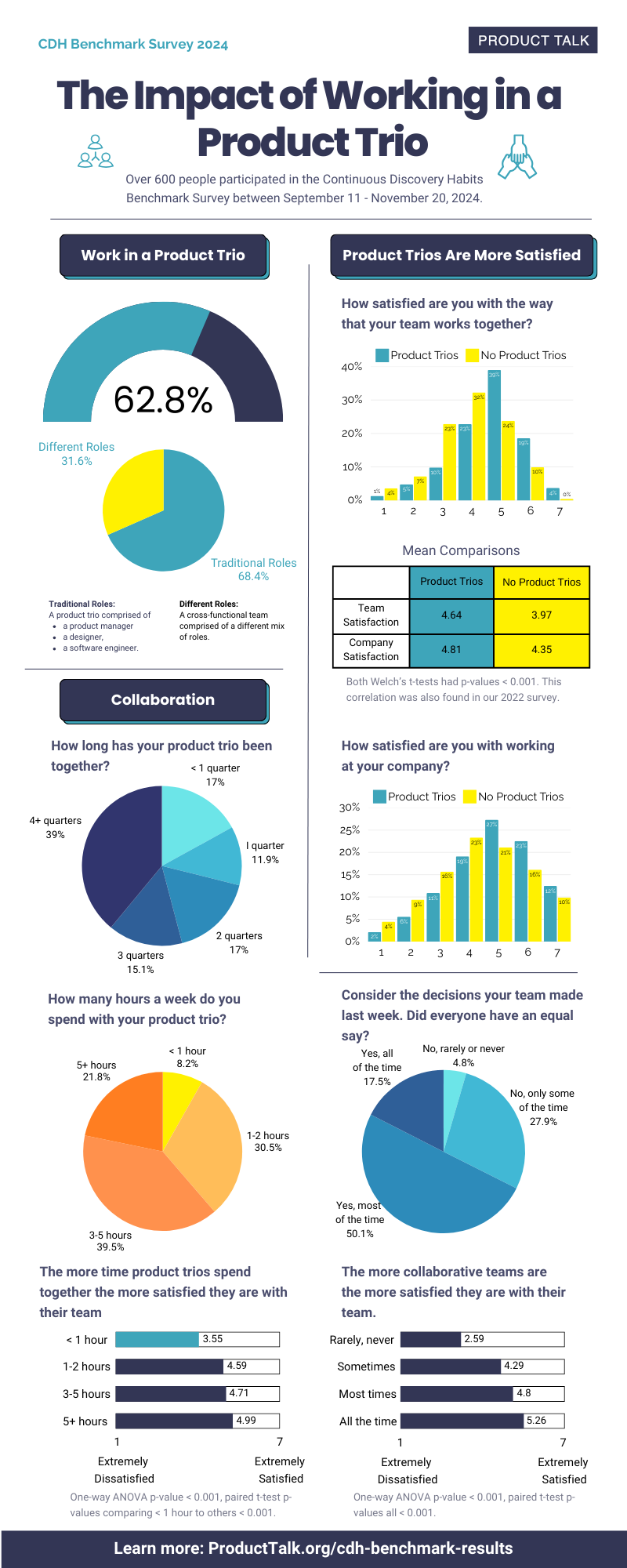Term vs. Whole Life Insurance: Which Is Best for You?

Choosing the right life insurance policy is a crucial financial decision. Two of the most common options are term life insurance and whole life insurance, each with distinct features, benefits, and drawbacks. Understanding the differences between them can help you make an informed choice based on your financial goals, budget, and long-term needs.
What Is Term Life Insurance?
Term life insurance provides coverage for a specific period, such as 10, 20, or 30 years. If the policyholder passes away during the term, the beneficiaries receive a death benefit. However, if the policy expires and the insured is still alive, there is no payout.
Pros of Term Life Insurance:
✅ Affordable premiums – Generally cheaper than whole life insurance.
✅ Flexible terms – Can align with major financial obligations (e.g., mortgage, children’s education).
✅ Simple & straightforward – Pure death benefit without complex investment components.
Cons of Term Life Insurance:
❌ No cash value – Does not build savings or investment returns.
❌ Temporary coverage – Expires after the term, requiring renewal (often at higher rates).
What Is Whole Life Insurance?
Whole life insurance is a type of permanent life insurance that provides lifelong coverage as long as premiums are paid. It also includes a cash value component, which grows over time and can be borrowed against or withdrawn.
Pros of Whole Life Insurance:
✅ Lifetime coverage – No expiration as long as premiums are paid.
✅ Cash value accumulation – Acts as a savings or investment tool.
✅ Fixed premiums – Rates remain consistent over time.
Cons of Whole Life Insurance:
❌ Expensive premiums – Costs significantly more than term life insurance.
❌ Complex structure – Includes fees and lower investment returns compared to other options.
Which One Is Right for You?
Choose Term Life Insurance If:
✔ You need affordable coverage for a specific period (e.g., until retirement or until debts are paid).
✔ You want pure protection without investment features.
✔ You have temporary financial responsibilities (e.g., young children, a mortgage).
Choose Whole Life Insurance If:
✔ You want permanent coverage and an estate planning tool.
✔ You’re interested in cash value growth alongside insurance.
✔ You can afford higher premiums for lifelong benefits.
Final Thoughts
Both term and whole life insurance serve different purposes. Term life is ideal for those seeking affordable, temporary coverage, while whole life suits individuals looking for lifelong protection with a savings component. Assess your financial situation, future goals, and budget before making a decision.
For expert advice on insurance and financial planning, visit Apnakarobar Online to explore tailored solutions for your needs.










































































































![Building A Digital PR Strategy: 10 Essential Steps for Beginners [With Examples]](https://buzzsumo.com/wp-content/uploads/2023/09/Building-A-Digital-PR-Strategy-10-Essential-Steps-for-Beginners-With-Examples-bblog-masthead.jpg)















![How to Use GA4 to Track Social Media Traffic: 6 Questions, Answers and Insights [VIDEO]](https://www.orbitmedia.com/wp-content/uploads/2023/06/ab-testing.png)


































